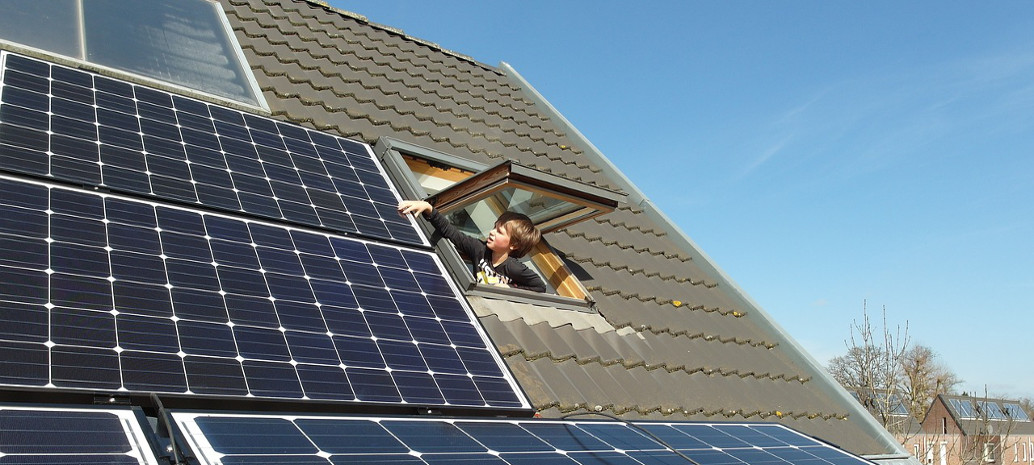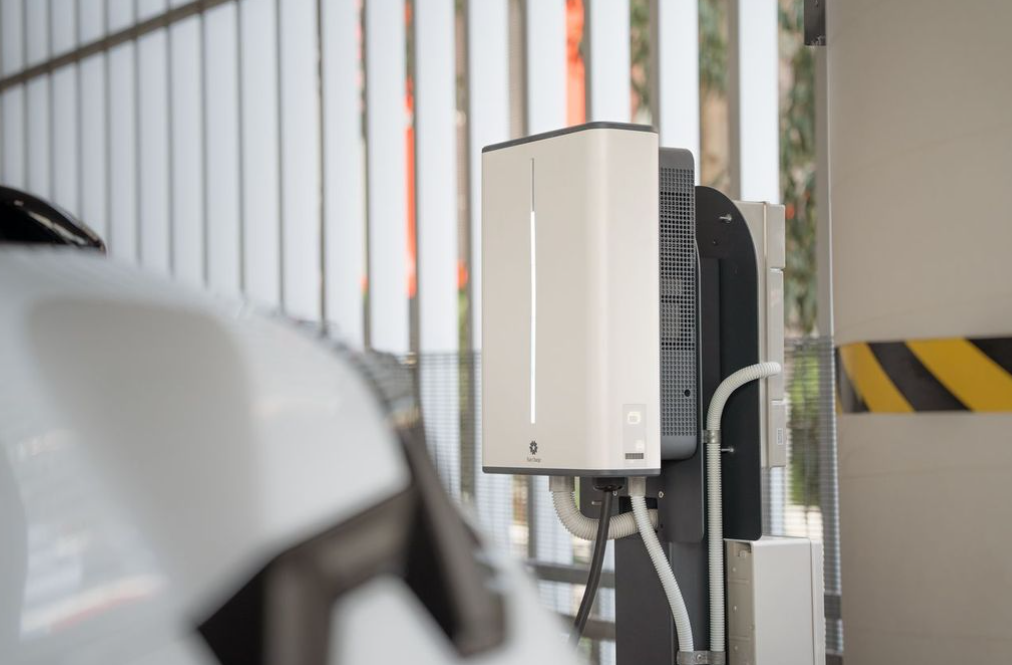The Australian Federal Government’s climate and energy policies are back in the spotlight after an International Energy Agency (IEA) report revealed that lifecycle emissions associated with residential solar PV with battery storage are up to five times less than that of gas-generated grid electricity.
The IEA task force, headed up by José Bilbao from the University of New South Wales (UNSW), used a life cycle assessment (LCA) to measure the environmental impacts associated with generating 1 KWh of electricity for self consumption via a solar PV and battery system.
The analysis found the lifetime emissions for a 10 KW rooftop system with a 10 KWh battery were 84 CO2-eq / KWh – nearly five times less than the 490 CO2-eq / KWh emissions associated with natural gas and 10 times less than the 820 CO2-eq / KWh emissions associated with burning coal.
The findings provide opponents of Prime Minister Scott Morrison’s plans for a gas-led energy plan with extra ammunition.
Greens leader Adam Bandt is among the critics of the government strategy, claiming “gas is as dirty as coal,” and Morrison’s gas-fuelled policy will only add to the challenge of tackling climate change.
Bandt has previously stated we are “in a climate emergency” and warned gas and coal must be kept in the ground “to have any chance of stopping runaway global warming”.
The IEA report found about half of the emissions for a residential PV and battery system are tied to the PV panel production process, while the battery production contributes around 25% of the total emissions.
The choice of the PV panel technology was found to have a significant influence on the amount of emissions, with thin-film technology out-performing silicon in sustainability.
For batteries, their lifetime and storage capacity had a major influence on their environmental impact. Batteries with longer lifetimes showed better sustainability outcomes, while batteries with increased storage capacity showed negative outcomes, associated with the production of additional battery cells.
The report tested 10 kWp rooftop PV systems with 10 kWhr battery storage in Central Europe where annual yield is 1000 kWh/kWp. As the annual yield for PV systems is higher for most of Australia, Bilbao expected that the emissions for an equivalent residential system here would be even lower.
The IEA report also found that using batteries to store PV electricity overproduction reduced greenhouse gas emissions compared to using natural gas back-up electricity generation.
This content is protected by copyright and may not be reused. If you want to cooperate with us and would like to reuse some of our content, please contact: editors@pv-magazine.com.









By submitting this form you agree to pv magazine using your data for the purposes of publishing your comment.
Your personal data will only be disclosed or otherwise transmitted to third parties for the purposes of spam filtering or if this is necessary for technical maintenance of the website. Any other transfer to third parties will not take place unless this is justified on the basis of applicable data protection regulations or if pv magazine is legally obliged to do so.
You may revoke this consent at any time with effect for the future, in which case your personal data will be deleted immediately. Otherwise, your data will be deleted if pv magazine has processed your request or the purpose of data storage is fulfilled.
Further information on data privacy can be found in our Data Protection Policy.